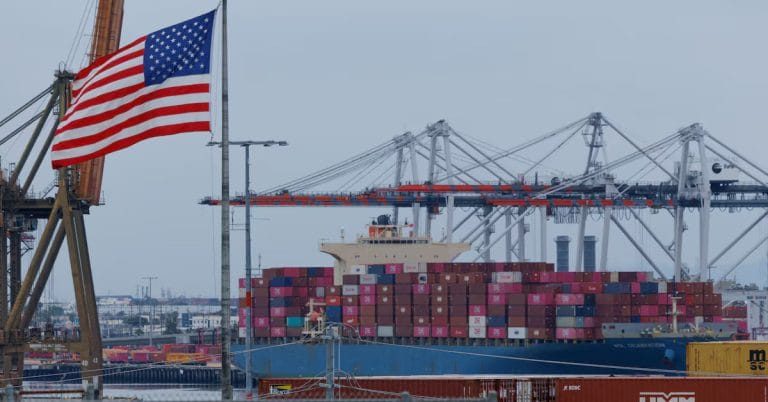🎧 Listen to This Article
The United States and Switzerland announced that they have reached a preliminary agreement to substantially reduce the steep tariffs imposed earlier by President Donald Trump, with Switzerland pledging $200 billion in U.S. investments as part of the deal.
The announcement followed ministerial-level discussions in Washington, where Swiss Economy Minister Guy Parmelin sought relief from the 39% blanket tariffs introduced in August—one of the highest rates applied under the Trump administration’s renewed tariff regime.
Under the new framework, the tariff rate on goods from Switzerland and Liechtenstein will be lowered to a maximum of 15%, aligning the countries with more favorable terms previously granted to partners such as the European Union and Japan. The new 15% ceiling will apply both to goods that faced higher rates and those previously subject to lower levels, offering broad-based predictability for Swiss exporters.
US Trade Representative Jamieson Greer told CNBC that the agreement would bring significant manufacturing activity—including pharmaceuticals, gold processing, and railway equipment—from Switzerland to the United States. A White House statement confirmed that a full bilateral pact is expected to be finalized by the first quarter of 2026.
Switzerland’s commitment to deploy $200 billion in direct U.S. investments by 2028 includes both industrial expansion and collaborative vocational training initiatives. This investment pledge played a key role in securing tariff relief for sectors heavily impacted by the earlier duties, including watchmaking, industrial machinery, chocolate, and cheese.
Pharmaceuticals and semiconductors—strategic export products—will now face a maximum tariff of 15% under any future U.S. sector-specific investigations or duty expansions. In return, Switzerland and Liechtenstein will eliminate select agricultural and industrial tariffs, including those on nuts, fish, and seafood, and have agreed not to implement digital services taxes.
Business groups in Switzerland, including Swissmem and the Federation of the Swiss Watch Industry, welcomed the deal as overdue relief. Industry representatives had warned that prolonged high tariffs threatened competitiveness, especially as peers in other advanced economies had already secured reduced rates.
Negotiations will continue over key areas still lacking resolution, including industrial machinery, steel, aluminum, coffee, and cheese. Swiss leaders, while encouraged, cautioned that the tariff environment remains fluid under the Trump administration, which has actively pursued sector-targeted investigations and duties across global markets.
For any questions, clarifications, feedback, or contributions regarding this article, please contact us at editorial@tax.news. We welcome your input and are dedicated to delivering accurate, timely, and insightful tax news. All inquiries will be handled confidentially in accordance with our privacy policy.



